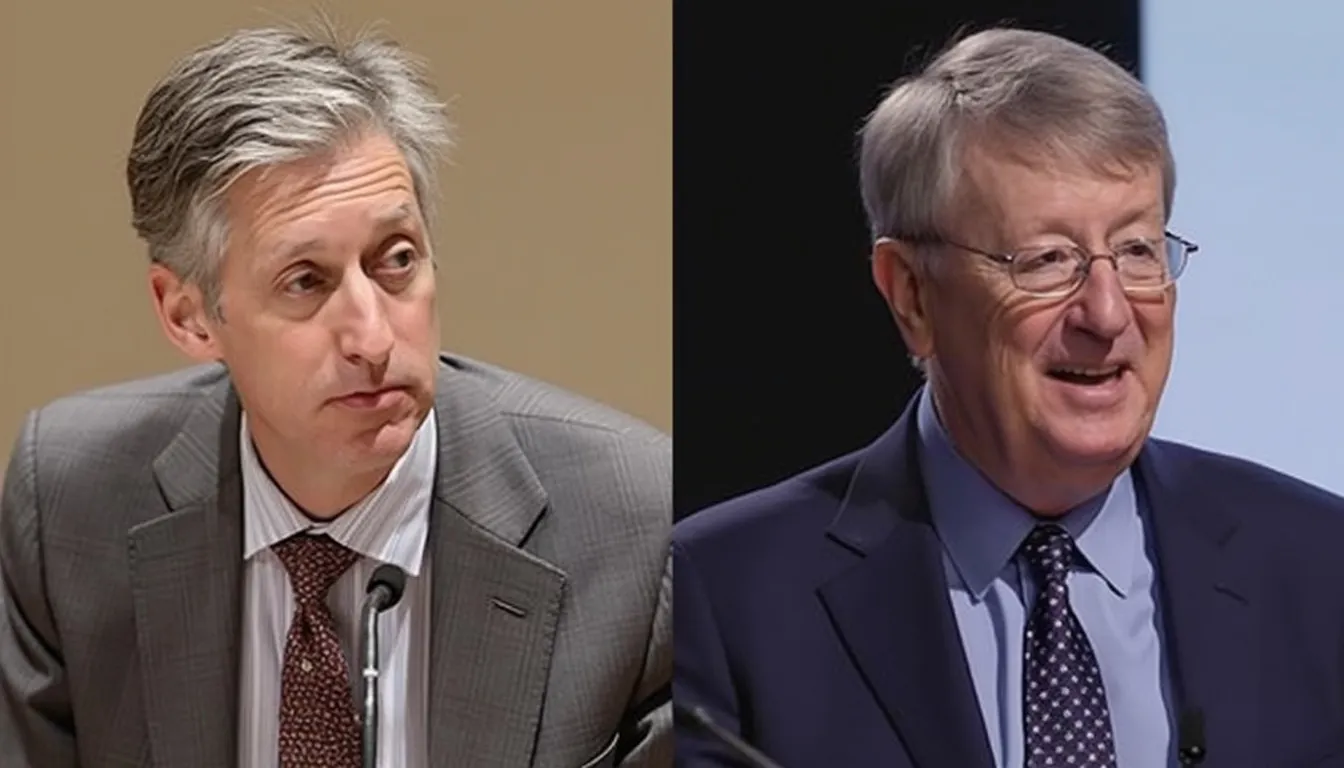Honoring Contributions to Artificial Intelligence
Geoffrey Hinton and John J. Hopfield have been awarded the prestigious 2024 Nobel Prize in Physics, recognized by the Royal Swedish Academy of Sciences for their remarkable and groundbreaking contributions to artificial neural networks. This accolade highlights significant advancements in the domain of artificial intelligence, showcasing the critical role played by these pioneers in molding today’s technological landscape.
John J. Hopfield’s revolutionary work on associative memory, particularly through the invention of the Hopfield network, laid a foundational framework for how artificial neurons can mimic brain-like memory functions. By utilizing physics principles such as atomic spin and energy functions, Hopfield’s model can effectively store and reconstruct patterns and images, making significant inroads in machine intelligence.
Legacy of Innovation and Impact
Geoffrey Hinton’s extension of Hopfield’s theories through the development of the Boltzmann machine signaled a landmark in artificial intelligence. The Boltzmann machine, drawing from statistical physics, has been pivotal in teaching machines to learn and identify patterns in data. This work underpins modern machine learning techniques that power essential technologies like search engines and chatbots, epitomized by global systems such as Google’s algorithm and OpenAI’s ChatGPT.
The surprise announcement was met with astonishment from the laureates. Hinton recounted his unexpected joy upon receiving the Nobel call, highlighting the personal impact of the recognition. Despite his initial disbelief, Hinton regards the award as a testament to the intricate connection between physics and computing, underscoring the cross-disciplinary essence of their research.
Hinton has been vocal about the potential risks and ethical concerns surrounding artificial intelligence, a sentiment that gains weight with the Nobel honor. He advocates for intensified safety research and responsible AI development, hoping that this prestigious acknowledgment will amplify the urgency of his message to researchers and policymakers worldwide.
Both scientists have been acknowledged for their academic contributions beyond the machine learning field. Hinton, a University Professor Emeritus at the University of Toronto and a previous Turing Award recipient, exemplifies excellence at the intersection of neural computation and physics. Hopfield remains influential as a part of Princeton University, further cementing his legacy in scientific research.
While the current recognition in physics is invaluable, it also calls attention to Hinton’s assertion of the necessity for a Nobel category in computer science. Such recognition would accurately reflect the intrinsic contributions of computational advances, further encouraging innovation within this crucial domain.




